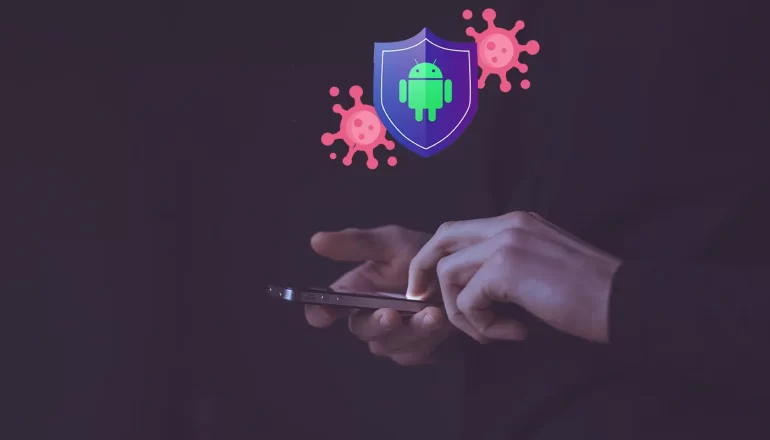Many people often think about viruses and malicious software being associated with PC desktop and laptop computers, and not mobile devices. However, smartphone and tablet devices are also coming under increasing attacks from scammers and hackers that can harvest your personal information and potentially steal your money.
The question being asked here is, should you have antivirus on your phone? While some people say that it’s not necessary to have antivirus on your smartphone, others argue that installing some kind of antivirus onto their handset is still the best way to protect themselves from such attacks at a growing number of scam phishing sites.
Can you get a virus on your smartphone?
Yes. However, mobile users are far less likely to get a virus on their smartphones compared to the number of viruses that can infect laptop and desktop computers. The good news is that viruses that self-replicate cannot infect smartphones that run on the Android operating system. Instead, Android handsets are more susceptible to various other forms of malicious malware that can wreak even more havoc on a mobile.
This pervasive malware can include things like spying apps that snoop on your personal communications, ransomware, and other destructive threats.
How can smartphones get viruses?
One of the main ways that a smartphone can get infected by a virus is when the user downloads a corrupted third-party application onto their device from an unverified publisher/developer/website. It’s also possible for smartphone users to get viruses after downloading certain files, such as PDFs and other Office documents. Infected emails can also be harmful to phones, and even the simple act of visiting certain websites can be dangerous.
Choosing the Right Document Typing Format for Your Business NeedsAlthough it’s very unlikely to get a virus on your smartphone, attacks around the world are increasing as scammers become more sophisticated in their techniques to infiltrate smartphones. If, for example, you’re looking to play popular games at dedicated gaming sites with HTTPS:// at the beginning of the URL, then you should have nothing to worry about.
These trusted sites prevent hackers and other unscrupulous third parties from interfering with the communications between the website and the users’ browsers and hijacking any important information. If the website address doesn’t start with HTTPS://, then you may want to avoid visiting it altogether.
What is the best smartphone antivirus in 2022?
The best way to ensure that viruses don’t infect smartphones would be to invest in some form of antivirus. Smartphone users can find plenty of free antivirus software in the form of a downloadable app, plus you can also find paid-for antivirus software for smartphones, which tend to run on a monthly or yearly subscription basis. In 2022, some of the best antivirus apps include:
Using Analytics: How To Measure Your Site’s Success- McAfee AntiVirus Plus – one of the best antivirus that can be used across multiple devices (including smartphones) from just one paid-for subscription account
- Norton 360 Deluxe – same as above, plus it’s also great for those who regularly need to use a secure VPN (Virtual Private Network)
- Bitdefender Total Security – one of the best all-around antiviruses for smartphones and other computing devices, for complete protection
Other honorable mentions
Some of the other popular Antiviruses out there today that can be used to protect smartphones include Avast Premium Security, NordVPN, TotalAV, ESET Internet Security, AVG Internet Security, Avira Prime, and Trend Micro Maximum Security. There are other reliable antiviruses out there, but these examples are the most highly recommended ones that are definitely worth looking into before trying any others.







